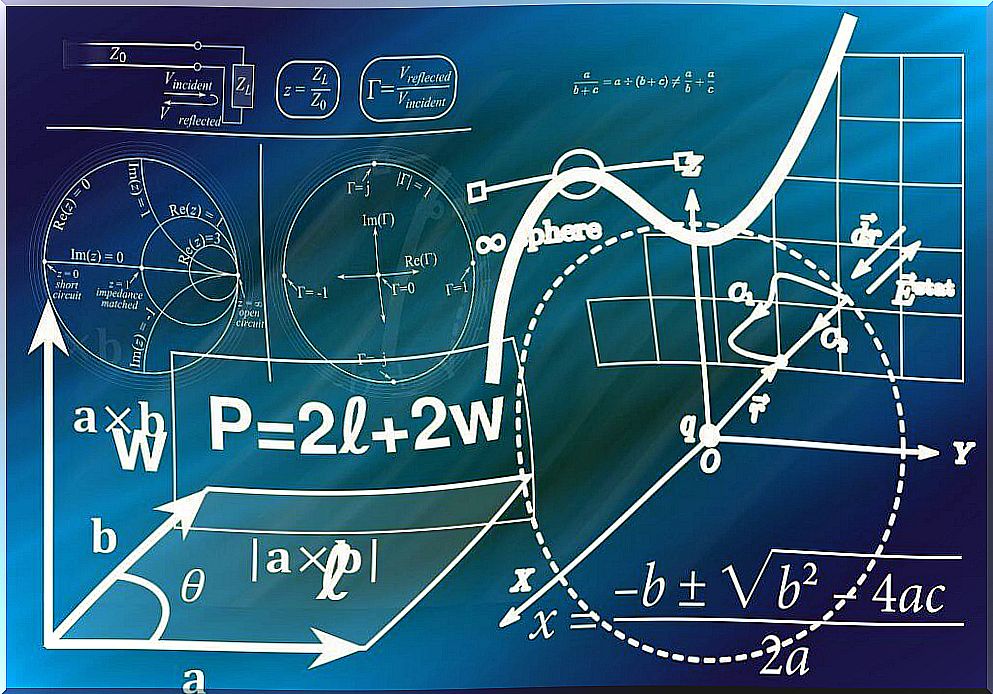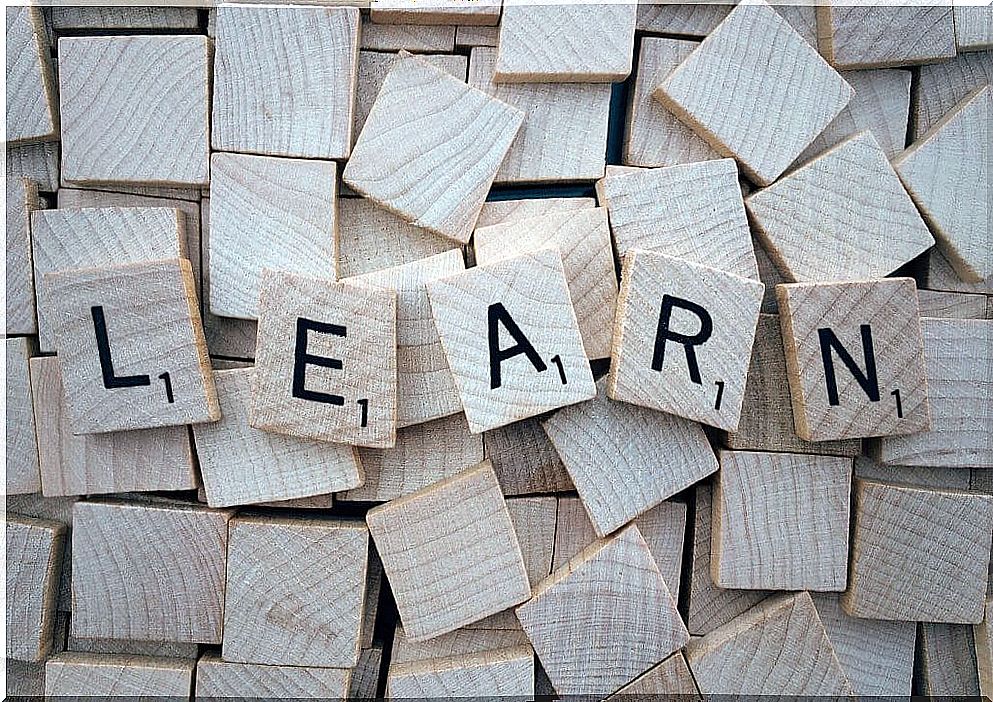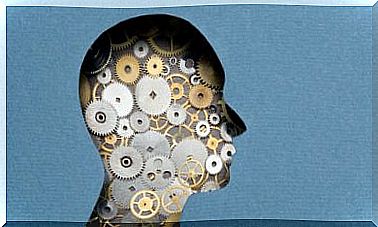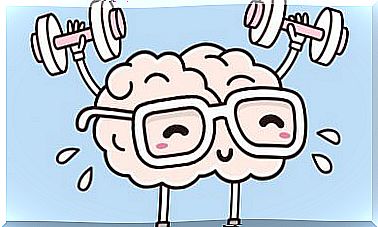What Is Metacognition?

Responding to the question that gives the article its title, we could say that metacognition is knowledge about one’s own knowledge. It implies the active examination of the cognitive tasks that we are carrying out and the consequent regulation and organization of the processes related to memory, attention, calculation … at the service of a specific objective.
It is about the level of awareness and knowledge we have about a task and its monitoring. Illustrating this definition with an example, when doing a mathematical problem, we first analyze the knowledge that we know we have in this area, then the different tasks that we must carry out for its solution and the coordination of all these. Once the process is developed, we will evaluate the degree of precision that we have had at the end of it.

Many times we are not aware of our own thinking, we do not reflect on what we think. We are not aware of all those processes, large and small, that lead us to act in a certain way or to resolve a certain activity. Sometimes, the difficulty represented by a task is given by the lack of evaluation of our own aptitudes and of the different metacognitive strategies that we use.
Metacognition, analyze our thinking
Flavell was one of the pioneers in dealing with this topic, and he had his own definition of metacognition. It involves two important factors in metacognition:
- Knowledge of the cognitive processes and products of each one.
- The examination, regulation and organization of that knowledge.
For a correct use of mental processes it is important to use metacognitive skills. They are necessary for the acquisition, use and control of knowledge. They serve to plan and regulate the effective use of one’s own cognitive resources. It is not only important to have a good memory or to be very good at mathematical operations, you have to know how to organize this knowledge or prioritize and sequence the processes.

Brown, was another professor who did research on this topic, and he proposed the points that it is good for us to know about our own knowledge. Ultimately, according to this author, it is about the control and organization of metacognitive skills strategies. Self-awareness (knowing what one knows) is important so as not to incur secondary ignorance (not knowing that one does not know).
Metacognitive modalities
The metacognitive modalities are the different types of existing metacognition. Each of them is linked to a different cognitive ability and helps to plan and organize thinking and different cognitive processes.
- Meta-memory : refers to the knowledge of our own memory. Know our skills in this area and the ability to relate previous knowledge with new knowledge. In addition, the ability to contrast and connect already stored knowledge with new ones is very positive for analytical ability.
- Meta-attention : it deals with the control of one’s own attention. The ability to focus attention on a specific moment when it is necessary to do so and the external and internal factors that we know can make it difficult to maintain attention. It is important to know what capacity we have to attend and strategies that can help us, such as taking breaks every hour, for example. Attention is the first filter to record information so it is important to optimize it.
- Meta-understanding : knowing the understanding capacity we have. Sometimes when we skim through a text, we think we have understood the meaning perfectly with just a glance. However, if we were asked questions about the content, we would discover that we have not understood the text in all its nuances. Know to what extent we can understand a concept and use it.
- Meta-thought : the thought about the own thought. It is unusual to reflect on our own thoughts. In other words, we all think about different issues that concern us, but we rarely really stop to think reflectively about our own ideas and beliefs. It is about how to think and not so much about what to think, a tool that can be useful in schools to encourage creativity.
All of these modalities aim to optimize thinking, problem solving or learning.
Its relation to learning
During the academic years they teach us thousands of theories, historical facts, mathematical formulas and philosophical currents, but it is rare that they do not teach how to learn. From the perspective of metacognition, one of the cornerstones of knowledge is learning to learn, using metacognitive skills. It is about teaching to analyze their own learning strategies.
Each of us can benefit from different strategies while we learn that they are more in line with our abilities and our way of reasoning. For this reason, it would be interesting to teach in the classroom the different strategies to carry out a meaningful learning of the lesson material and not a superficial one.

People with good metacognitive skills are characterized by better use of memory, relating better and faster the content in it. In addition, they perform the processing of new information in a more conceptual and profound way. For example, when they learn a theory they are able to apply it and relate it to other different theories.
In the case of superficial learning, the content would soon be forgotten and it would also be learned as a separate entity from all our previous knowledge. This ability to integrate concepts and establish a network in which new learning is related to what is already known facilitates reasoning and the integration into the memory of what has been learned, it can even help to create conclusions and own theories.
Theory of mind
The theory is closely linked to metacognition, although the former is more related to the thinking of others and not so much to one’s own. We can take the brain as a predictive machine whose objective is to reduce the uncertainty of the environment. It refers to the ability to predict and understand the behavior of other people, their knowledge, intentions and beliefs.
One of the most recognized researchers on the theory of mind is the psychologist and anthropologist Gregory Bateson. According to him, this function develops in both animals and humans, although at different levels. What’s more, he showed with his studies that dog puppies were able to distinguish if they were in a real or simulated fight with other puppies, they saw the intentionality in the mind of the other animal.
The theory of mind allows us to predict reactions in others and intuit what they think or feel at a given moment. It is an extremely useful function for survival and adaptation to different environments. Understanding others and anticipating what they are going to do is tremendously useful and necessary. As social animals that we are, it is essential to facilitate coexistence and maintain good relationships.
Both metacognition and theory of mind refer to the control and supervision of thought, ourselves and others. Some people may have difficulties in this supervisory and regulating mechanism of thought, causing them some problems when it comes to performing cognitive tasks and understanding others.
Bibliography
Allueva, P. (2007). Basic concepts about metacognition. In P. Allueva, Development of metacognitive skills: intervention program . Zaragoza: Ministry of Education and Science. General Council of Aragon, 59-85.
Lopera, E. (2011), “The learning-teaching of problem solving, metacognition and question didactics, a dynamic triangulation for the transfer of learning”, Revista Pensando Psicología , vol. 7, no. 13, pp. 159-170.
Tirapu-Ustárroz, J., Pérez-Sayes, G., Erekatxo-Bilbao, M., Pelegrín-Valero, C. (2007), What is the theory of mind ?. Rev Neurol . 44 (8): 479-489.









